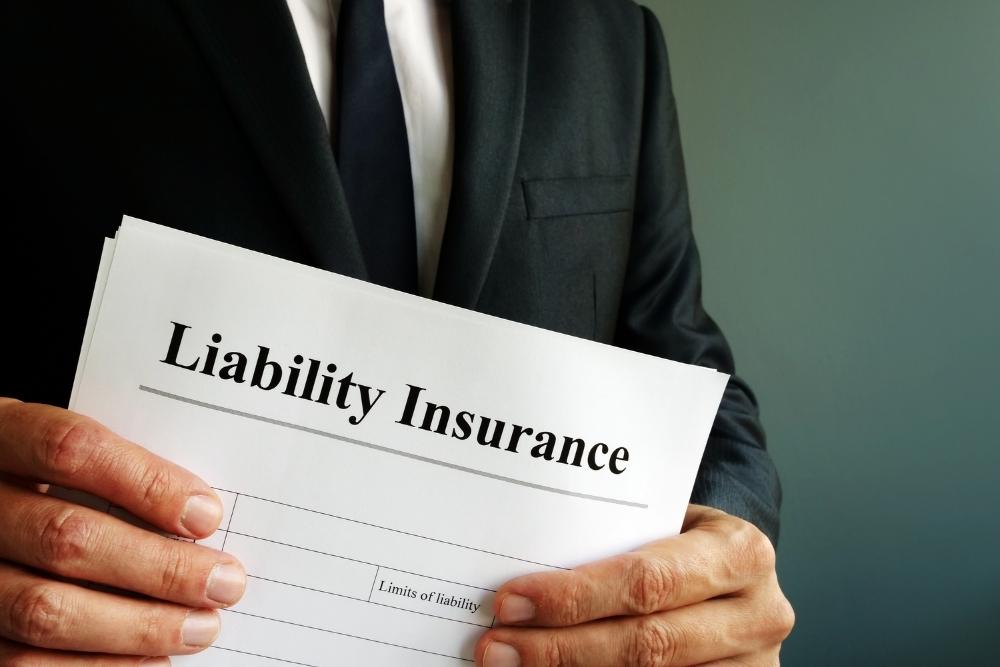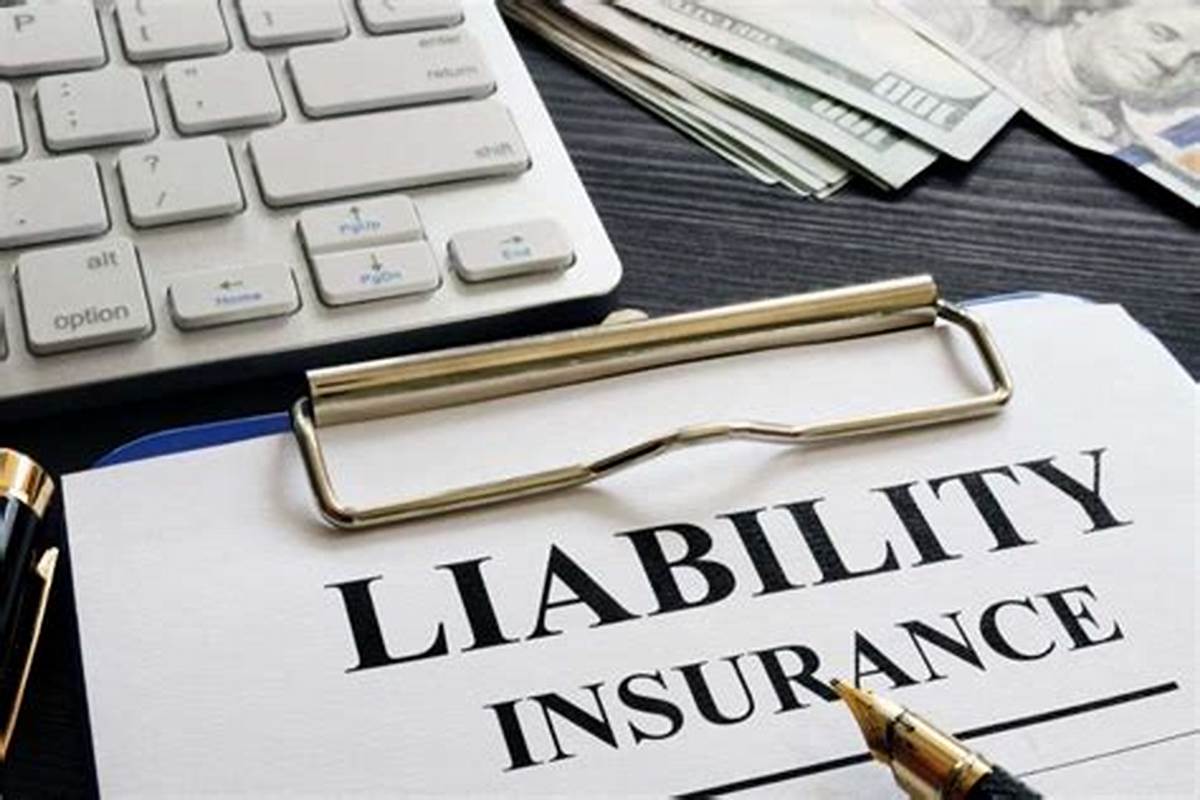When it comes to car insurance, understanding the ins and outs of making accurate claims is essential. Filing a claim is often the first step in getting compensation for damages, injuries, or losses resulting from an accident. However, to ensure that your claim is processed smoothly and quickly, it’s important to know what information is required, how to document your claim, and the steps involved in the process. In this article, we’ll guide you through the key factors to consider when filing a car insurance claim, including how to avoid common mistakes, the documents you’ll need, and how to work with your insurer to ensure a successful outcome. By the end of this post, you’ll have the knowledge to navigate the claims process confidently and effectively.
Understand the Claims Process
The first thing to know when dealing with car insurance claims is that each insurance company may have its own process. While the general steps are similar across insurers, understanding the specific process of your provider can save you time and prevent unnecessary stress. Typically, the claims process involves the following steps:

- Report the Accident or Incident: As soon as an accident occurs, it’s important to contact your insurance company immediately. The sooner you report the incident, the quicker the claims process can begin. Most insurance companies have a 24/7 helpline or an online portal to report claims.
- Provide Necessary Documentation: After reporting the incident, you’ll be asked to submit the necessary documentation, including your policy number, details about the accident, and any relevant police reports. It’s crucial to keep accurate records of everything related to the incident to avoid delays or denials.
- Assessment of Damage: Once your claim is filed, your insurer will typically send an adjuster to assess the damage to your vehicle. This step is essential for determining how much compensation you’re entitled to. In some cases, they may ask for repair estimates from certified mechanics or auto body shops.
- Claim Approval or Denial: After reviewing all the information and assessments, your insurer will approve or deny your claim. If approved, they’ll outline the compensation you’ll receive. If denied, you can appeal the decision or seek clarification from your insurer on why your claim was rejected.
Key Documents Needed for an Accurate Claim
To ensure that your claim is processed correctly, you’ll need to submit a variety of documents to support your case. Missing or incomplete information can delay your claim or result in an inaccurate settlement. Here’s a list of the essential documents you should gather:
- Accident Report: In case of a car accident, you must file a police report. This document helps establish the facts of the accident, including who was at fault. Having an official report can significantly strengthen your claim.
- Proof of Insurance: Always have your insurance policy details on hand. Your insurer will need your policy number, the type of coverage you have, and any relevant clauses.
- Driver’s License and Registration: A copy of your driver’s license and the vehicle’s registration is necessary for identifying the involved parties and verifying that the vehicle is covered under the policy.
- Photos of the Damage: Photographs of the accident scene, damage to your vehicle, and any injuries can act as evidence to support your claim. This is especially important if the other party disputes the facts.
- Witness Statements: If there were any witnesses to the accident, their statements can provide valuable insights and support your version of events. Make sure to collect their contact information as well.
- Repair Estimates: For physical damage claims, repair estimates from certified shops are often required to assess the extent of the damage and the necessary repairs.
- Medical Records: If you were injured in the accident, medical reports and bills are needed to claim medical expenses. This is especially important if you have personal injury protection (PIP) or medical payments (MedPay) coverage.
Common Mistakes to Avoid When Filing a Claim
Filing a claim may seem straightforward, but many people make mistakes that can complicate the process or result in a lower payout. Below are some common errors to avoid:
- Delaying the Claim: Waiting too long to report an accident or file a claim can harm your case. Insurance companies usually have strict deadlines for reporting claims, so be sure to act quickly.
- Failing to Gather Evidence: If you don’t gather sufficient evidence at the scene of the accident, it could affect the outcome of your claim. Always take photos, get witness statements, and report all relevant details to your insurer.
- Not Being Honest with Your Insurer: Honesty is key when filing a claim. Any inconsistencies or omissions in your report can result in the denial of your claim. Always provide accurate and truthful information about the incident.
- Not Understanding Your Coverage: Many people aren’t fully aware of the extent of their coverage until they file a claim. Ensure you know what your policy covers, including exclusions. For instance, some policies don’t cover damage caused by natural disasters or vandalism unless specific coverage is added.
- Ignoring Deductibles: A deductible is the amount you must pay before your insurer steps in to cover the rest. Make sure you understand your policy’s deductible amounts and be aware that they may reduce the payout for your claim.
Tips for Working with Your Insurance Adjuster
Once your claim is filed, an insurance adjuster will likely visit to assess the damage and determine the settlement amount. It’s important to be proactive and cooperative during this process to ensure an accurate and fair evaluation. Here are some tips for working with your adjuster:

- Be Prepared: Ensure you have all the necessary documentation and details ready for the adjuster’s visit. This includes repair estimates, photos, and any police reports or witness statements.
- Ask Questions: Don’t hesitate to ask the adjuster for clarification on the assessment process or how they arrived at the settlement amount. If you don’t agree with their evaluation, you have the right to request a second opinion.
- Document Everything: Keep a record of all communications with your adjuster, including phone calls, emails, and any documents exchanged. This can help you keep track of the progress of your claim.
- Stay Calm and Professional: Dealing with a claim can be stressful, especially if the situation involves significant damage or injuries. Maintaining a calm and professional attitude when interacting with the adjuster can help things go smoothly.
Conclusion
Car insurance claims can be complex, but by understanding the process and being prepared, you can ensure that your claim is handled accurately and efficiently. Always report accidents promptly, gather all necessary documentation, and avoid common mistakes that could delay your claim. By being proactive and informed, you can work with your insurer to secure the compensation you deserve. Remember, your car insurance policy is designed to protect you, and filing a claim is the first step toward getting the help you need in times of unexpected events.

Leave a Reply